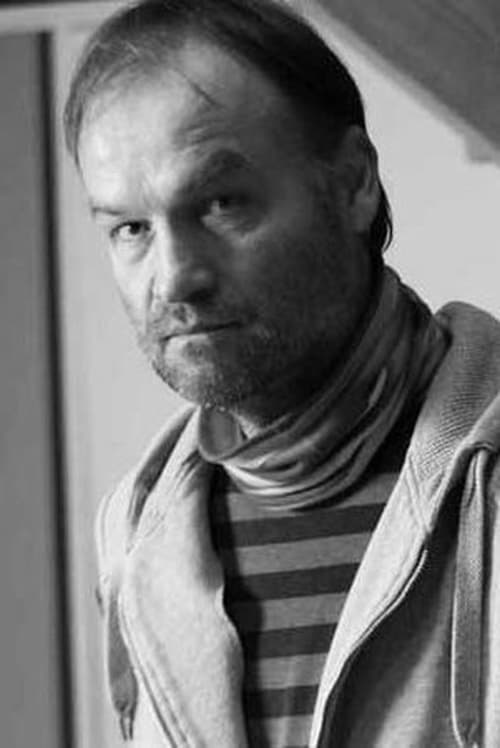Nothing Can Stop Us Now (2019)
장르 : 드라마, 로맨스
상영시간 : 1시간 39분
연출 : Andris Gauja
시놉시스
Under-appreciated by his wife, a charismatic music producer forces his wife, his teenage daughter and his lover to live together as a family, under one roof.
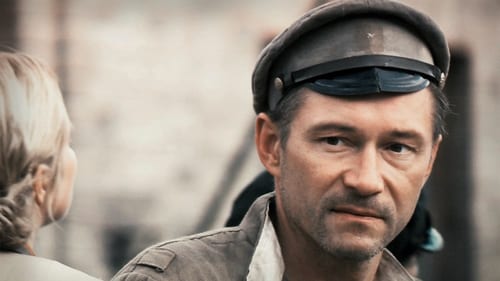
The film dramatizes November 11, 1919- a crucial date in the battle for Latvian independence. A year after the end of the official hostilities of WWI, a renegade German general and troops remain outside the Latvian capital. Latvian riflemen, most of them inexperienced volunteers, somehow managed to defeat a larger, better-armed force of German and Russian mercenaries.

Riga, Latvia. Four women: Elita, a passioned actress, Elina, her daughter, Iveta, a tourist guide and Paulina, a teenage ballet dancer. All are in love and going through strong emotions. A free-style composition about passion and arts, a visually stunning cinematic jazz partition.

Poor countryside girl Elza has been unsuccessfully looking for a job in Riga before she gets help from an acquantance. After that, fortune seems to turn and rich aged factory owner Ķikulis wants to marry Elza. Reluctant at first, she finally agrees but the marriage doesn't got smoothly.

A detective and a militia captain are working together investigating a murder. When their job is done, the feelings do not let them say goodbye.
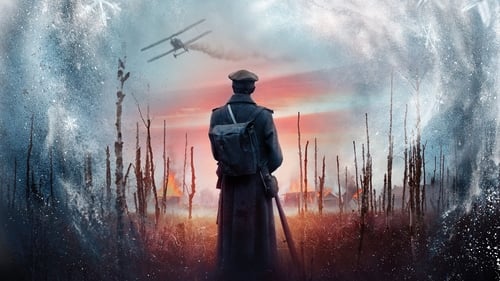
제1차 세계대전이 한창이던 때, ‘아르투르스’는 갑작스럽게 집으로 찾아온 독일군이 어머니를 살해하는 모습을 보게 된다. 이에 과거 군에서 15년간 복무했던 베테랑 아버지와 함께 자원입대하여, 스스로 처참한 전장의 한가운데로 뛰어들게 된 ‘아르투르스’. 17살이 채 되지 않은 어린 나이에도 가족과 조국, 그리고 자유를 위해 용기 있게 나선 그는 열악한 상황에서도 용맹하게 적과 맞서싸우며 수 차례 죽을 뻔한 고비를 넘긴다. 하지만 악명 높은 ‘죽음의 섬’에서 독일군과 대치하던 중, ‘아르투르스’는 뛰어난 사격 실력으로 56명의 독일군을 죽인 아버지의 행방이 묘연하다는 소식에 불안함을 느끼는데…
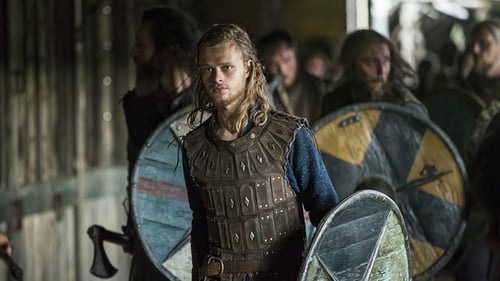
십자군 전쟁이 한창인 13세기 중세 유럽, 발트해 연안의 부유한 무역국이자 페간족의 나라 세미갈리아는 로마 교황의 사생아 맥스의 탐욕으로 정복의 표적이 된다. 맥스의 계략으로 세미갈리아의 왕은 죽임을 당한 후 뛰어난 전략가이자 모험가인 젊은 왕 나메이와 전사들은 나라를 지키기 위해 전쟁을 선포하는데....
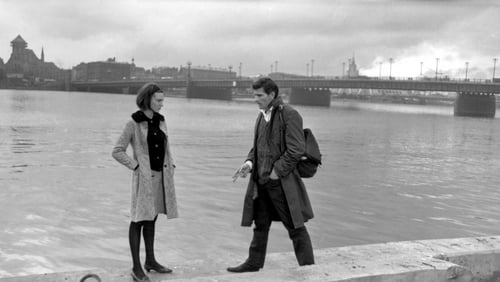
Cezars Kalnins, portrayed by "Latvian Harrison Ford” Uldis Pucitis, installs telephones by day and composes pop songs by night. The puritan Soviet censorship deems Cezars’s lyrics "unsuitable and frivolous” and "unfit for the Soviet youth”. In fact, it can be argued that this assessment matches the opinion of the Soviet cinema authorities in regard to this film as a whole, since "Four White Shirts” was immediately banned and released in cinemas only in 1986. The creative boldness and stubbornness, evident in both Cezars’s bitingly ironic verses and the film’s unconventional narrative structure and fresh, new-wave-inspired mode of expression, turned out to be equally problematic for the hero and for the film itself, as well as for its director whose representation of the actual mechanisms of Soviet censorship ended up too realistic for his own good.

Imants Veide is writing a script about con artists and their schemes. Together with his friend Harijs Kuharjonoks he's trying them out for real for greater authenticity, but gets too entangled in real criminal schemes. More and more colorful characters appear on the horizon, but Imant's main adversary on the road to criminal excellency is his Neighbour, a true iron lady with balls bigger than all those involved combined.

Film takes us deep inside the world of Latvian teenagers in 90s: combining the intimate diary of a teenager Jānis trying to find himself by joining a subculture, as well as a skillful, detailed and almost documentary-like depiction of the beginnings of the second independence of Latvia. “Jelgava ’94” is a portrait of a generation in the 1990s who are searching for their own identity and are fans of alternative culture. This is a touching story about us as youngsters, when everybody is against the whole world and tries not to become “one of them”. But can one keep the promise? The story is based on the best seller by Jānis Joņevs set in the 1994 in the Latvian city of Jelgava.

One night, Matiss Zelcs, an employee of the Latvian national archive in Riga, notices a woman on a bridge. After passing by her without preventing her suicidal fall into the depths, a sensation of failure and guilt changes his life. He cannot forget her. Driven by a feeling of remorse and the fever of illusion, he roams through the city night and day looking for traces of her existence. This journey through the tumult of his conscience leads him deeper into his own loneliness and the depths of his soul, as he gets more and more entangled in the destinies of the woman and of the people who were attached to her. He finds himself confronted with the pain of yearning and guilt, the cruelty of love and desire, and the search for forgiveness, release and salvation.

Geneva, Switzerland 1935. The first European Basketball Championship is about to take place. Basketball is still an unknown sport in Europe, and the national teams are meeting for the first time. Each wants the honour of being the first champion. Meanwhile in Latvia, coach Baumanis is convinced that he can assemble a team and take it to Geneva. He quickly learns however, that triumph and defeat are also part of the game. Coach Baumanis faces many difficulties, as well as unexpected help from those closest to him.
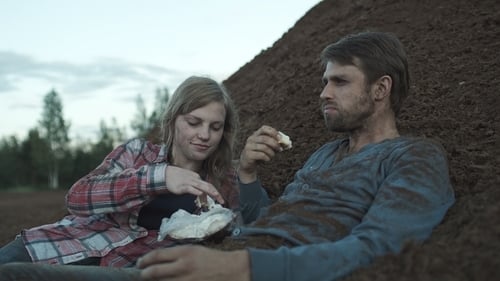
Siblings Roby and Raya after the death of their father and being abandoned by their mother, are forced to live with their dominating grandmother in a small country house owned by their family. Things change after the sudden death of their grandmother. The teenagers have to face a tough choice: either to report the accident and submit themselves to a life in an orphanage or hide the dead body and live as if nothing has happened.

A business executive lays off hundreds of harbor workers after they go on strike. He and his wife plan to escape the stress by taking an Italian vacation. On the evening before the trip, one of the fired workers, dressed in an orange harbor worker safety jacket, slips into their home. Although his immediate actions reveal a murderous intent, revenge is only the initial step.

We have sex in Latvia! A light comedy about building relationships - with passion and funny misunderstandings. All characters of this movie are in desire for flirt - be it at a swingers' party or during a sudden encounter with a beautiful stranger on the balcony.

A love circle between a dishonest government employee, a freelance actress, a passionate dancer, and godmother of a local mafia cartel. It could be serious if it wouldn’t be so funny.

The dawn of the XX century promised Latvians a prosperous and happy future. The nation’s self-esteem had awakened, and farmers were increasingly able to rise above even the estate stewards. Rudups, old soldier of the Kaiser and, with his wealth and pride, a thorn in the Baron’s side, becomes truly uncontrollable when he’s hit by Cupid’s arrow. The old boy is willing to do anything for simple maid Emily. But the girl loves his godson Karlis. It’s all a mix of riches, of cheating, and the Baron’s lawlessness. The fight of two relatives for Emily’s heart changes the fate of both men and the maid, so she can see sunshine through the tears.

A feature shot as a documentary, with minimal interference in the surrounding action. The resulting film is a truthful and innocent portrayal of the era with no imitations or conscious borrowings but with its own avant-garde experiments.

Land surveyors arrive in two parishes to measure and redistribute manor land. The rivalry between both feoffees for land and woman begins.
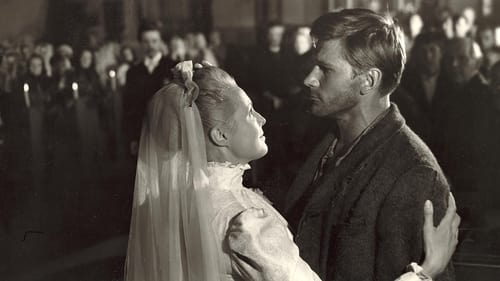
In this film, set in Latvia in the late 19th century, Edgars, the coachman of Alaine Manor, loves Kristine, the washerwoman's daughter, although he is too hot-headed for Kristine's mother to consider him a good suitor for his daughter. The servant Viskrelis and stable boy Sutka try to tempt Edgars to a life of drinking and a relationship with the barmaid Matilde. Meanwhile, Kristine is courted by the rich land owner, Akmentins.
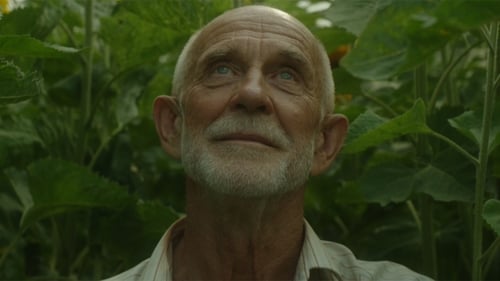
The old gardener works all day in harmony with nature’s rhythms and the wisdom of the ancient Latvians. His happiness and fulfillment is a garden that no longer belongs to him, but he feels like it does due to his large contribution to it. He speaks to the garden, and it responds, giving him shelter and a rich harvest. Autumn arrives and there is much work, more than the gardener can handle. The young homeowners, desiring to make the gardener’s life easier, hire a new gardener. The old gardener’s love of the garden and his unwillingness to share it with anyone else leads him to make an inevitable decision to stay in the garden of his family forever. This is a poetically symbolic story about disappearing time, the land and modern reality.





